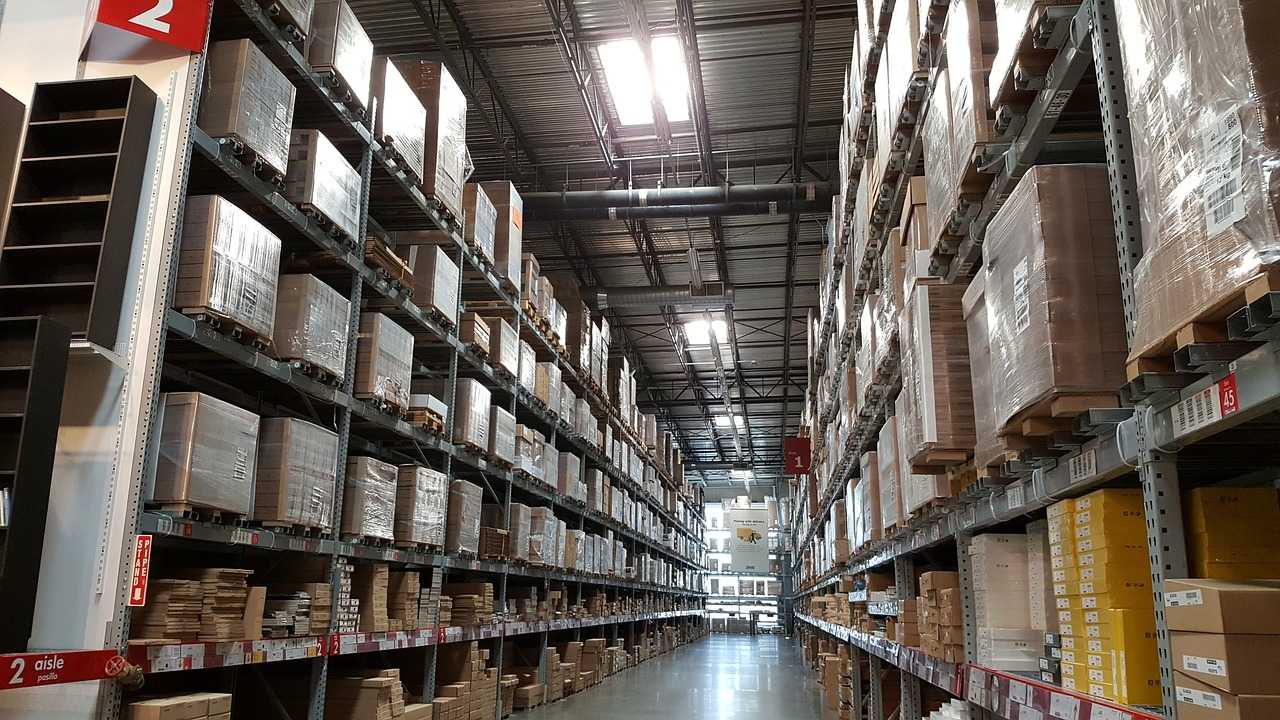The acronym WMS is an acronym for Warehouse Management Systemand indicates the warehouse management software that over the last few years have brought about very significant changes to the logistics sector
Also thanks to these software, in fact, the transition from manual warehouses to automatic warehouses is taking place: they allow having a large amount of information available relating to multiple activities, such as for example theinventory analysis, the movements of materials in the warehouse and the monitoring of the warehouse. There are numerous basic functions of WMSs, which, moreover, can be equipped with optional functions that are defined according to business needs.
What are WMS software for?
The launch of orders and the inventory management represent two of the most important functions of a WMS, together with the information system and order processing; but it is also worth mentioning the functions supporting the storage, inventory control, order picking, picking and goods entry processes. Versatility and flexibility are two fundamental characteristics of WMSs for warehouses, which can always be customized according to need: for example, integration with external modules such as dock management and yard management can be provided. A labor management systemon the other hand, offers the possibility of scheduling resources.
specialized modules
And software WMS therefore it can be defined and considered as a modular solution aimed at handling and managing materials: a solution which, therefore, can be adapted and customized according to specific design needs. Scalability is a primary aspect in this sense, and depending on the needs it is possible to take advantage of various specialized modules, intended from time to time for the control of the conveyors, the supervision of stacker cranesto the physical management of the automatic warehouse, to the overhead cranes, to the automatic handling systems, and so on.
A constant check
One of the virtues of software WMS is represented by the possibility of keeping every aspect under control. For example, in the production line it is possible to proceed with the planning of production orders, with the management of traceability and optimization of production processes, but also with the management of load units and production statistics. At the warehouse level, however, the software offers a valuable contribution to the inventory managementof the warehouse map and master data, as well as for the optimization of picking activities and the handling strategies for withdrawals and deposits.
When there is a need for a WMS for warehouse management
It can be said that the most important function of a WMS software is represented by supervision of warehousing and movement of goods. This type of program also allows you to process different transactions, such as receiving, shipping, collecting and reordering operations. Hence, the most modern WMS platforms provide valuable support for the workforce, since they contribute to optimizing the use of space and resources.
What can be done with WMS software
The benefits offered by WMS systems are concrete on several levels: for example the inventory becomes more visible, since its data are updated in real time and with the utmost precision. Thus, supplies can be estimated as accurately as possible, with an increase in the level of customer satisfaction and without the risk of dealing with backorders. Warehouse management systems that they integrate with the corporate ERP provide advanced functions for process planning. WMSs take inventory priorities into account and enable the organization to grow its revenues when items are exchanged.
I supplementary modules
The WMS can be enriched with functions aimed at managing multiple or double depth storage, at handling of hazardous materials or trolley control. Other supplementary modules with which it is possible to expand the WMS system are the RFID systems and above all the pick by voice, thanks to which it is possible to increase the functions and potential.
Why rely on WMS
One of the many reasons why it is worth relying on WMS it should be identified in the fact that to use them there is no need for too complex specific training: all workers have the opportunity to start using this system after a minimum training suitable for anyone. Thus, on the one hand there is the opportunity to benefit from higher performances from the point of view of logistics, while on the other hand the quality standards not only of the warehouse, but of the company structure as a whole are growing.
















Leave a Reply
View Comments